Search
Did you mean: Copan?
Search Results
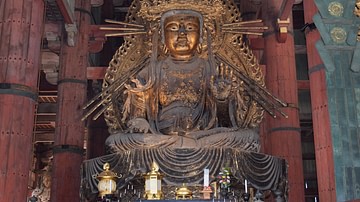
Article
Buddhism in Ancient Japan
Buddhism was introduced to ancient Japan via Korea in the 6th century CE with various sects following in subsequent centuries via China. It was readily accepted by both the elite and ordinary populace because it confirmed the political and...
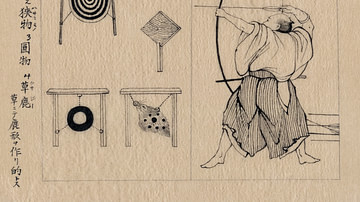
Article
Martial Arts in Medieval Japan
There were 18 martial arts (bugei or bujutsu) in medieval Japan, and these included use of weapons, unarmed self-defence techniques, swimming, and equestrian skills. Initially designed to hone the skills of warriors for greater success on...
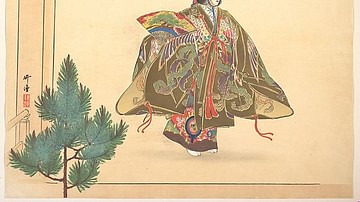
Article
Daily Life in Medieval Japan
Daily life in medieval Japan (1185-1606 CE) was, for most people, the age-old struggle to put food on the table, build a family, stay healthy, and try to enjoy the finer things in life whenever possible. The upper classes had better and more...
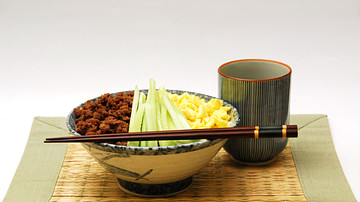
Article
Food & Agriculture in Ancient Japan
The diet of ancient Japan was heavily influenced by its geography as an archipelago, foodstuffs and eating habits imported from mainland Asia, religious beliefs, and an appreciation for the aesthetic appearance of dishes, not just the taste...
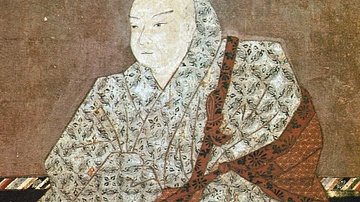
Article
Insei: Cloistered Government in Ancient Japan
Insei or 'cloistered government' describes the strategy of emperors during the late Heian Period (794-1185 CE) in ancient Japan where they abdicated in favour of a chosen heir yet still ruled in some capacity, typically after retiring to...
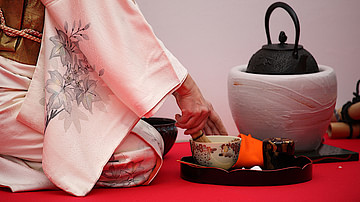
Article
Tea in Ancient China & Japan
Tea, still probably the world's most popular prepared beverage, was first drunk by Chinese monks to aid meditation and those who valued its medicinal qualities, but it quickly grew in popularity, spreading to other East Asian cultures, especially...
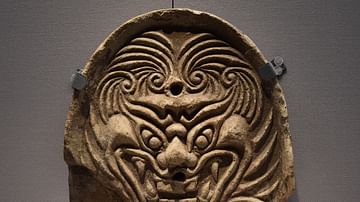
Article
Ghosts in Ancient Japan
Ghosts (obake or yurei) appear in ancient Japanese folklore and literature, usually in moral tales designed to both warn and entertain but they were also an important element of ancestor worship. If the deceased members of a family were not...
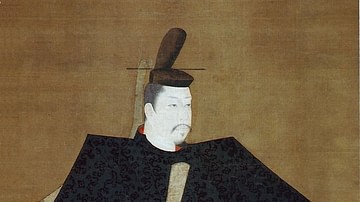
Worksheet/Activity
Government & Society in Feudal Japan
This activity has been designed to fit a 30-minute slot for your class and is suitable for both online and classroom teaching, as well as homeschooling. Students have to read one article (also available in an audio format) in order to complete...

Worksheet/Activity
Daily Life and Society in Feudal Japan
This activity has been designed to fit a 30-minute slot for your class and is suitable for both online and classroom teaching, as well as homeschooling. Students have to read one article (also available in an audio format) describing the...
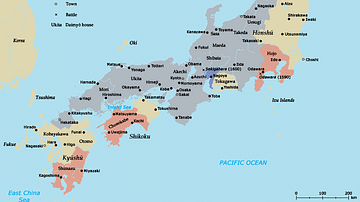
Worksheet/Activity
Importance of Geography in Medieval Japan
This activity has been designed to fit a 30-minute slot for your class and is suitable for both online and classroom teaching, as well as homeschooling. Students have to complete a map of medieval Japan and answer some questions about Japan's...